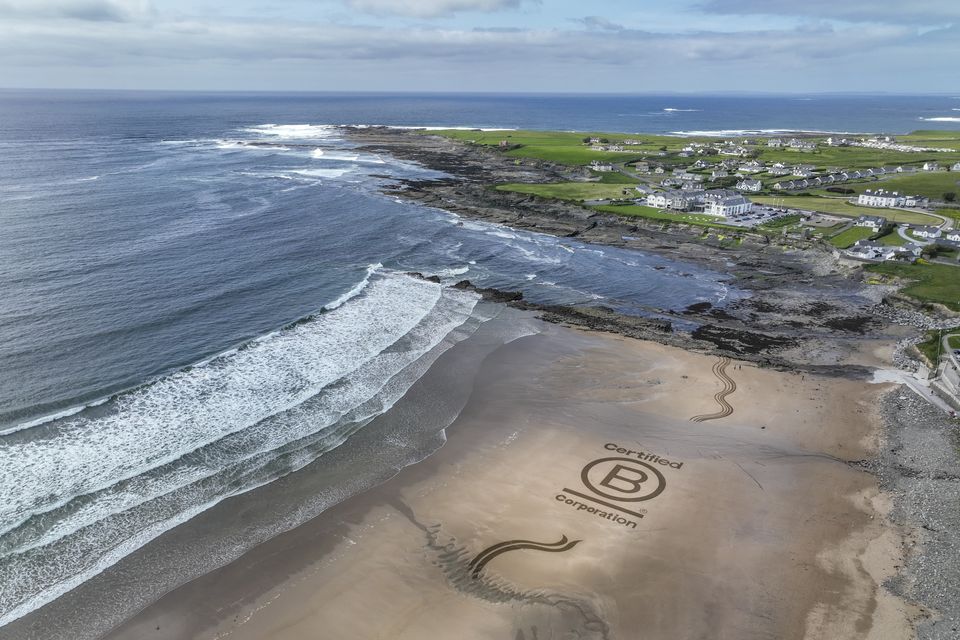T his time last year, Mosab Abu Toha was standing in a queue waiting to pass a checkpoint. He had already made the difficult decision to tell his parents that he and his wife, Maram, were leaving Gaza with their three young children; the checkpoint was on the road to the Rafah crossing into Egypt. He greeted people he recognised, tried to reassure his children.
And then he was called out of the queue. “The young man with the black backpack who is carrying a red-haired boy. Put the boy down and come my way.
” Abu Toha was born in Gaza and had lived there for most of his 31 years, frequently under Israeli bombardment, but this was the first time he had encountered Israeli soldiers in person. He was ordered, by megaphone, to strip naked. When dressed again he was blindfolded, and a numbered bracelet attached to his wrist.
He was sworn at, punched and kicked, including in the face, and forced into a truck; when the blindfold was pulled off, “a soldier is aiming an M16 at my head,” he wrote, a month later, in the New Yorker . “Another soldier, behind a computer, asks questions and takes a photo of me. Another numbered badge is fastened to my left arm.
” He spent much of two days kneeling on the rubbled ground. The ordeal ended as abruptly as it had begun. “We are sorry about the mistake.
You are going home.” Maram had contacted friends abroad, who had applied pressure for his release. Abu Toha has an international profile: as an award-winning poet, published in the U.


















